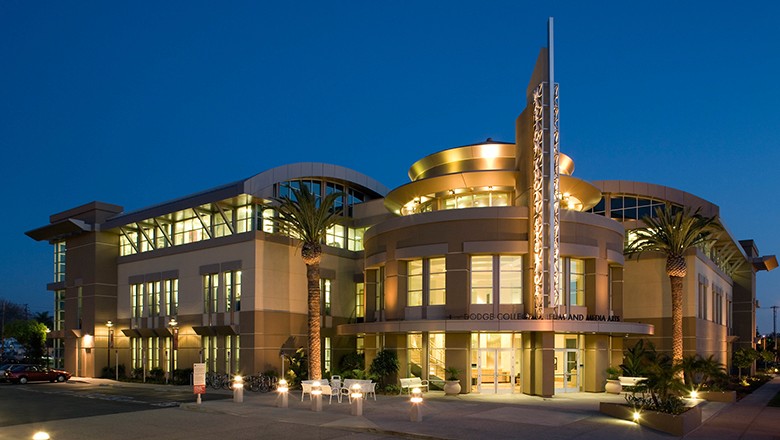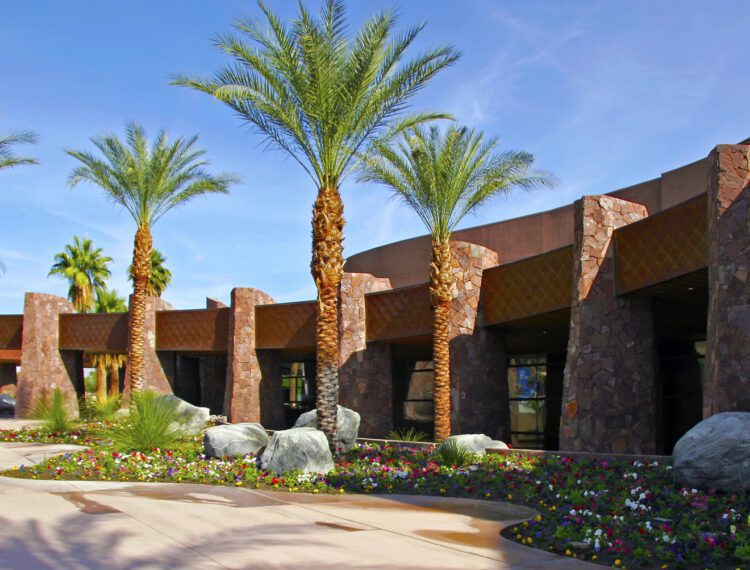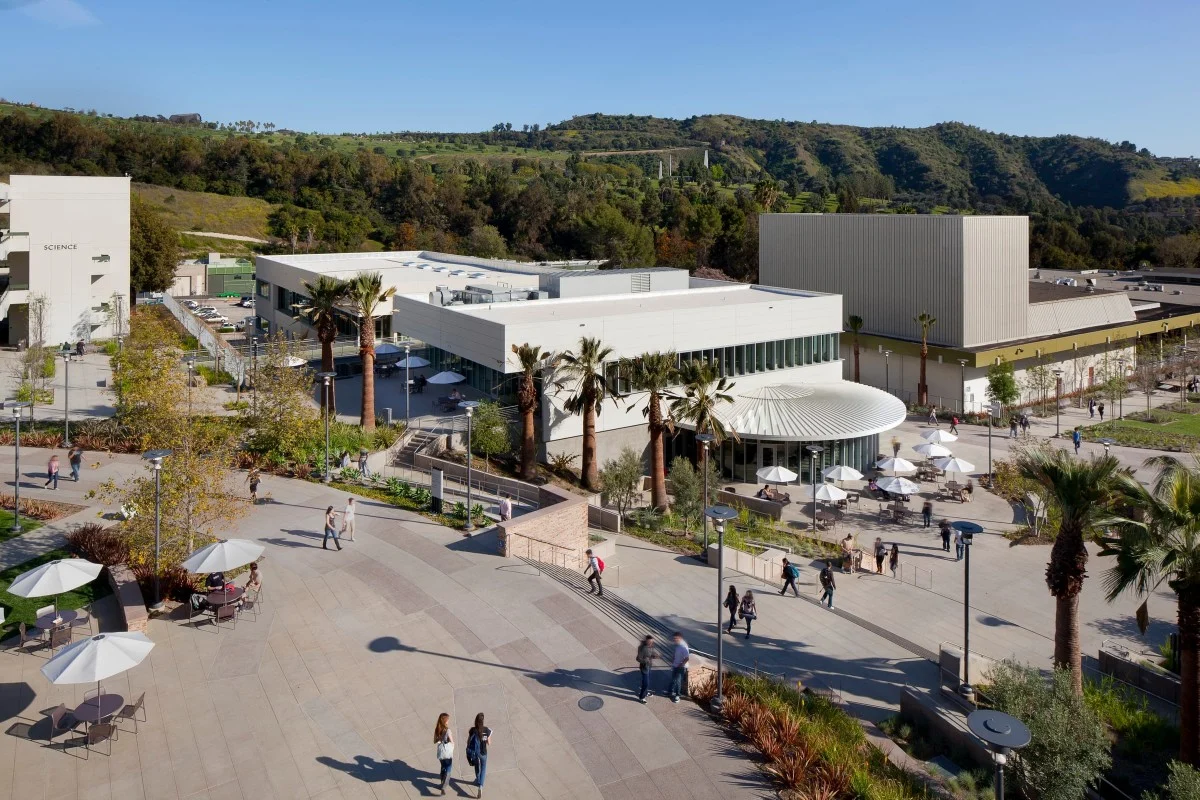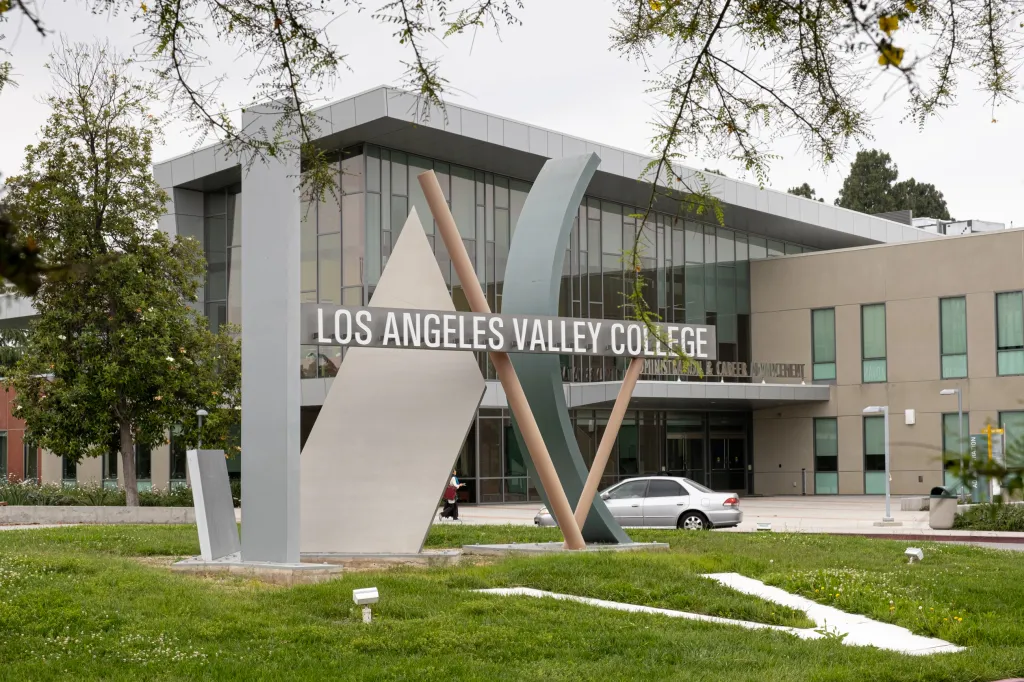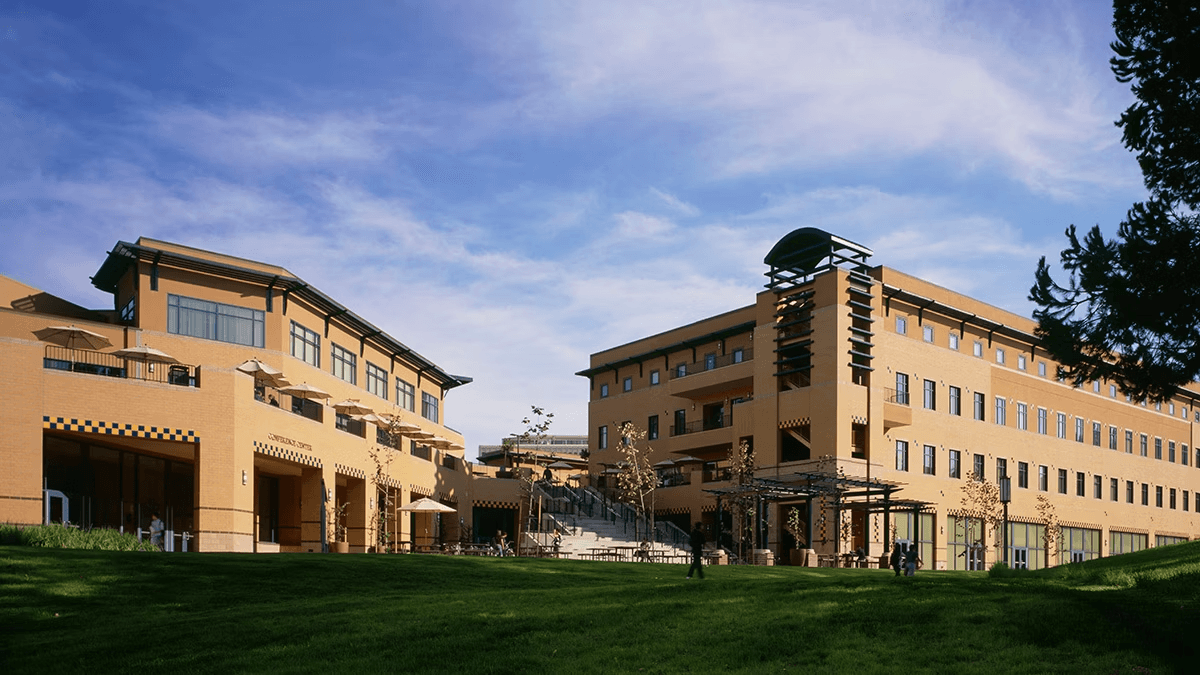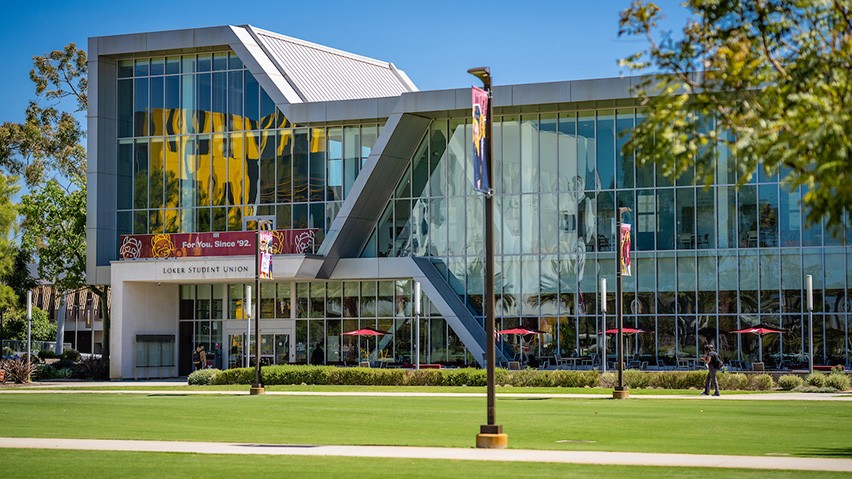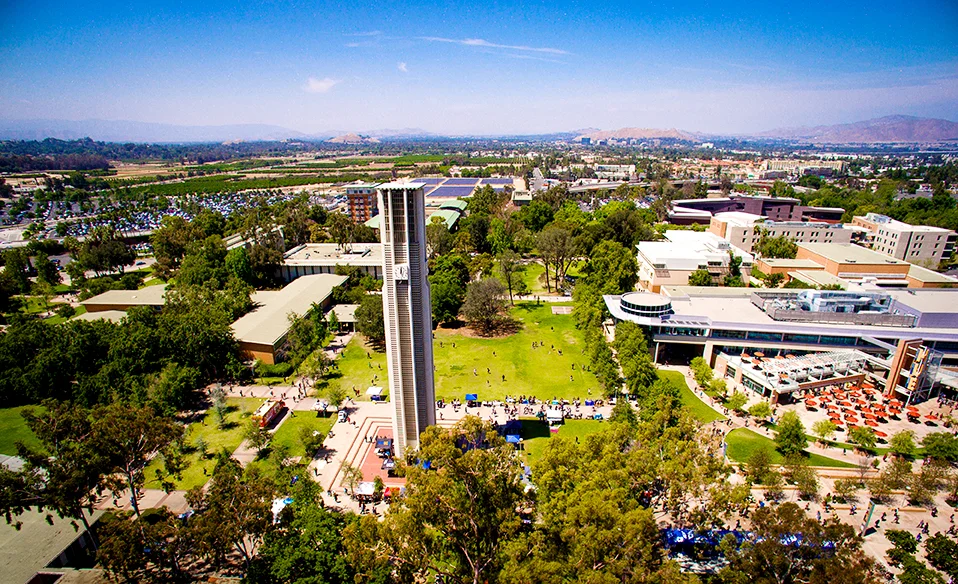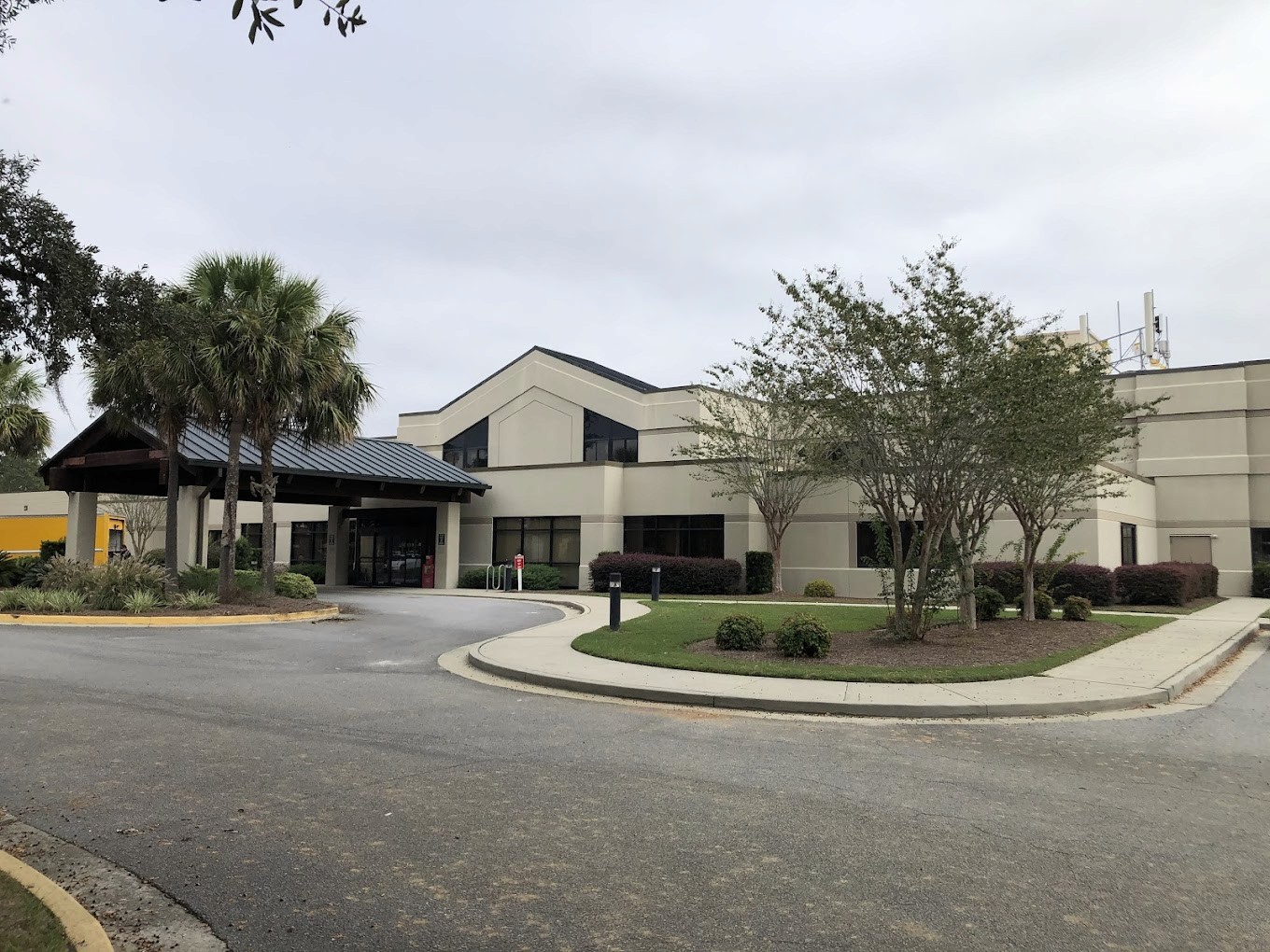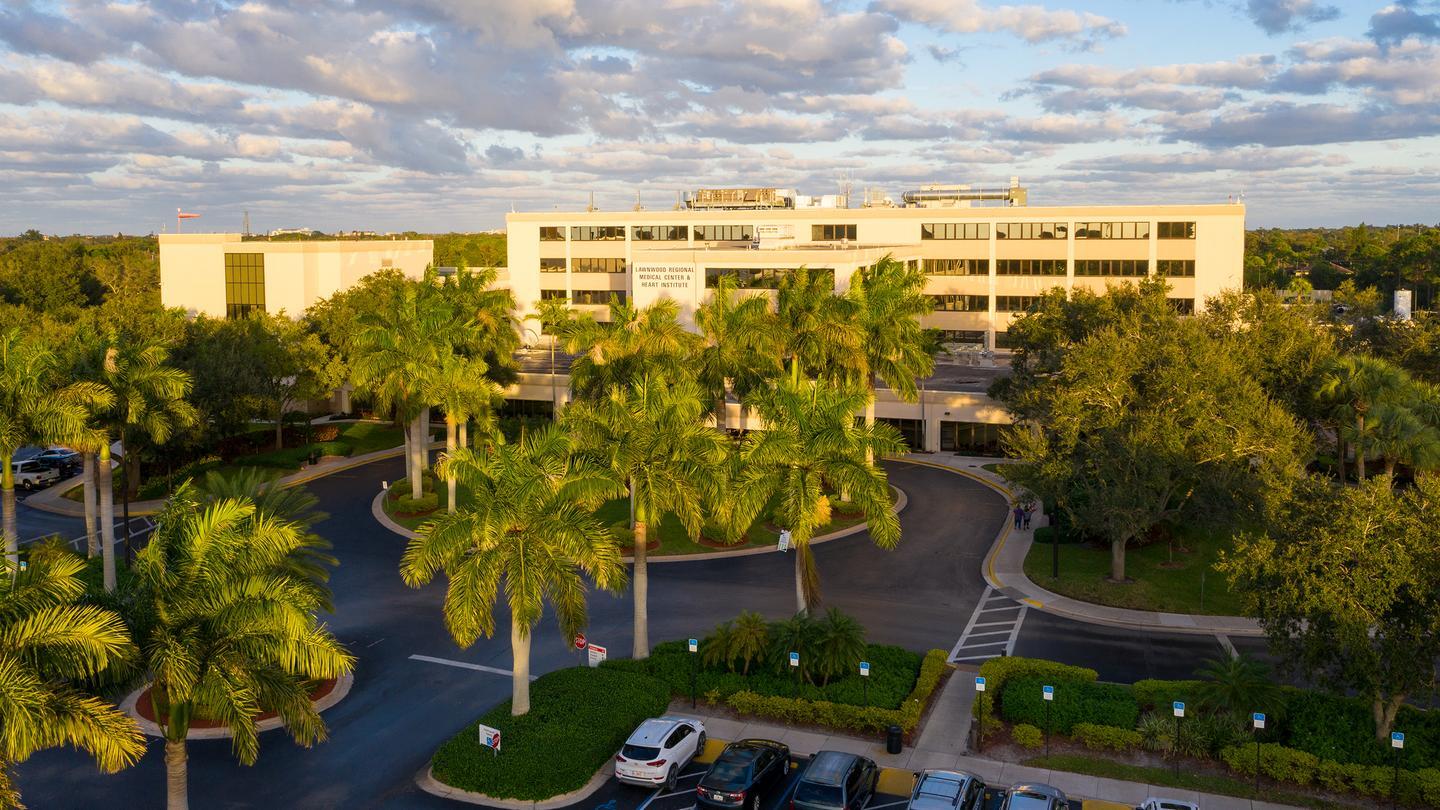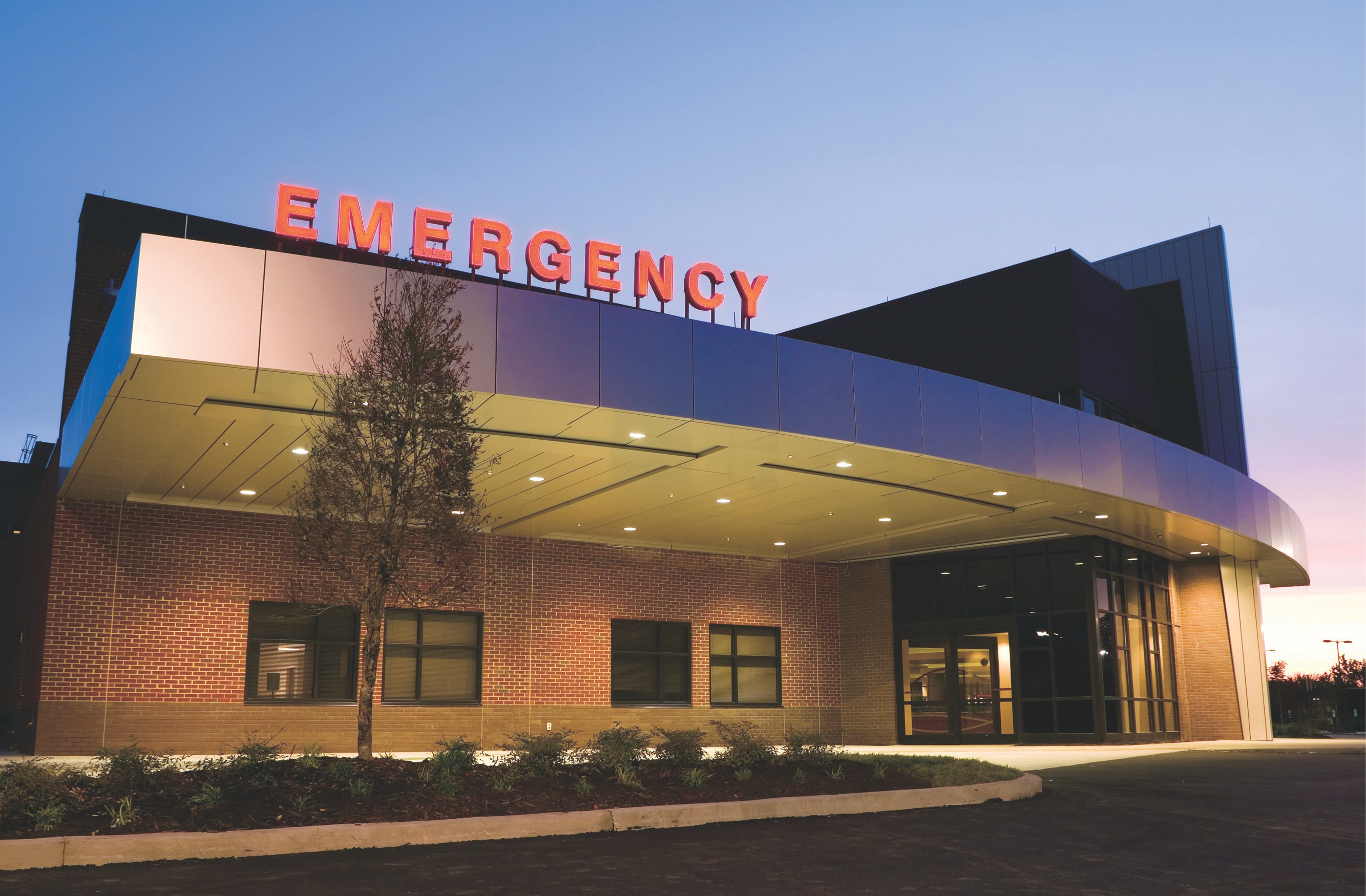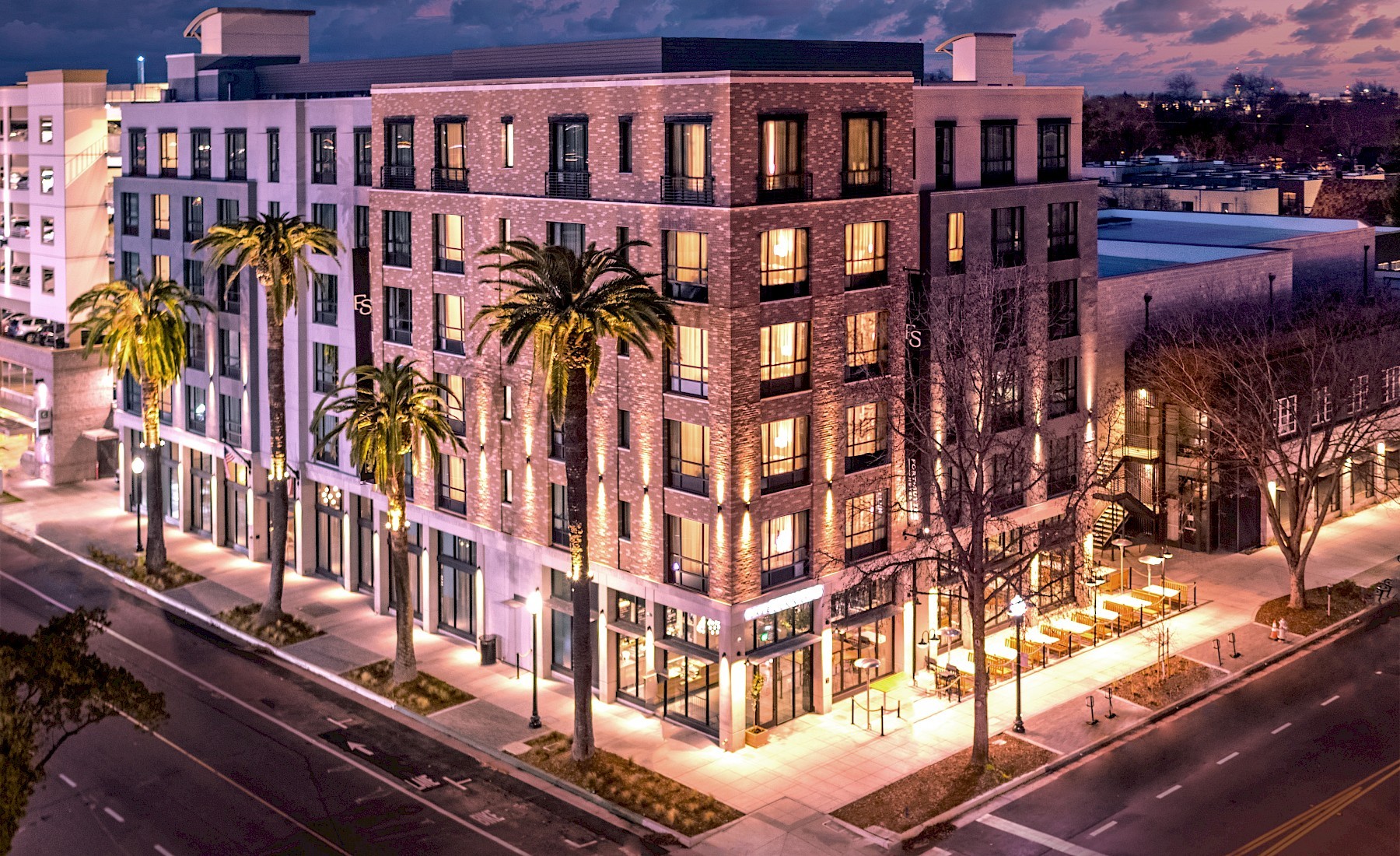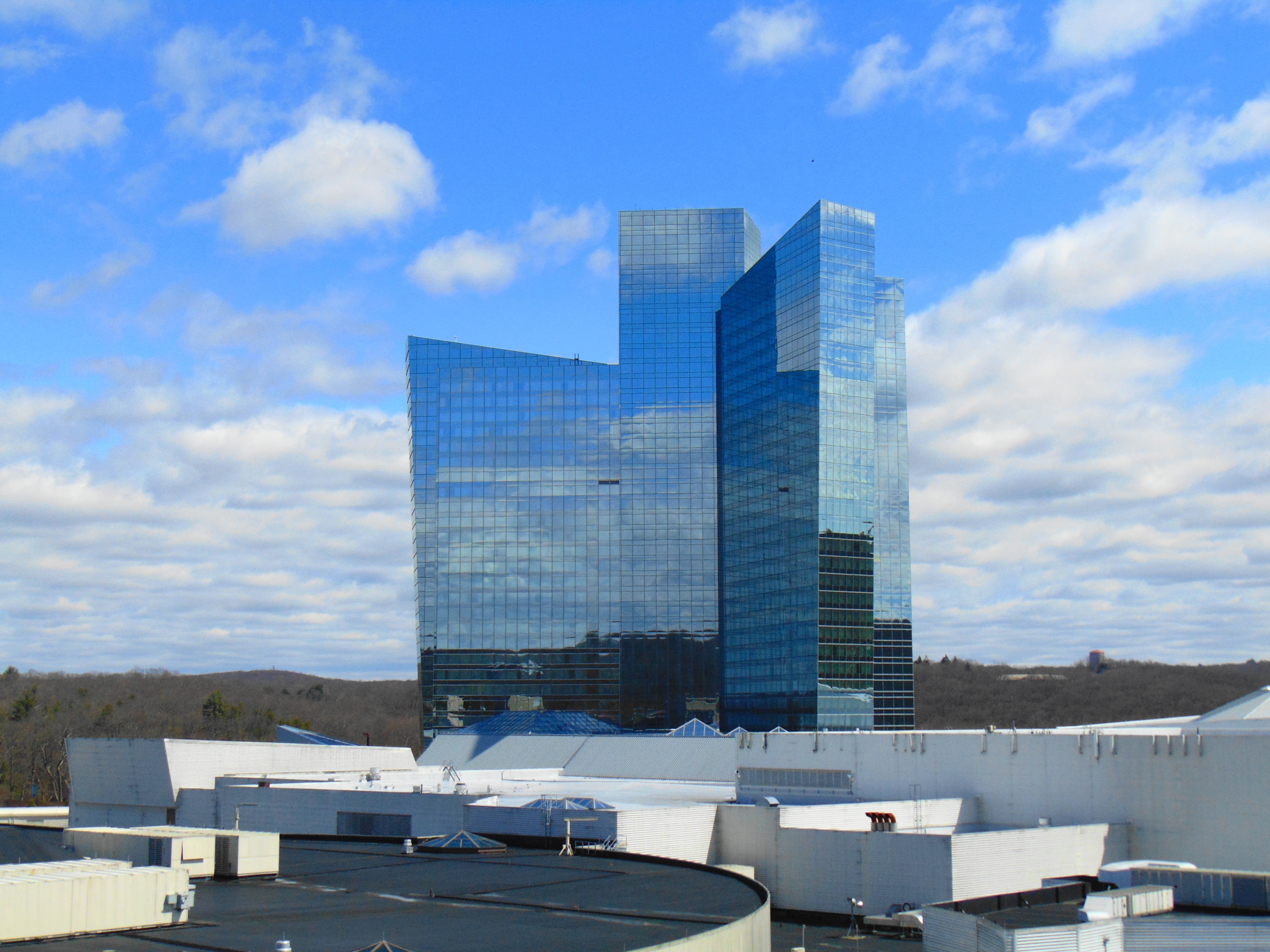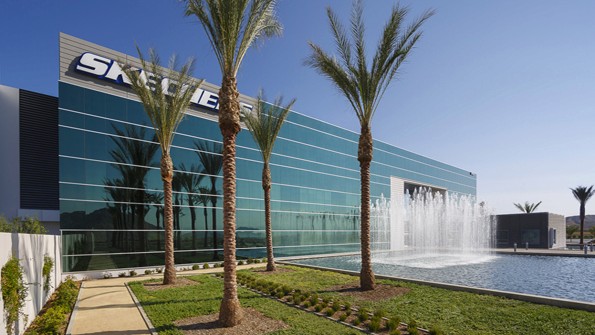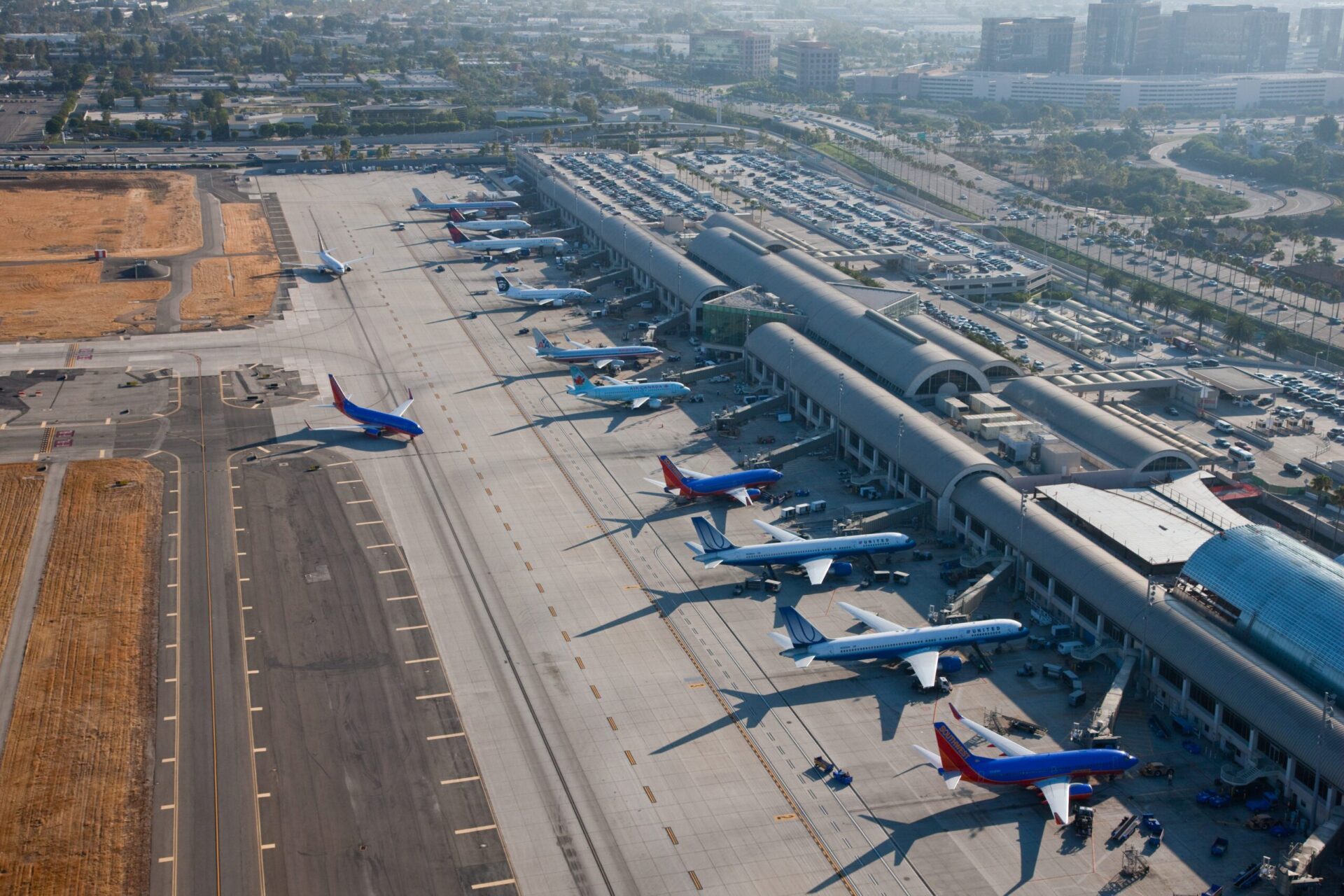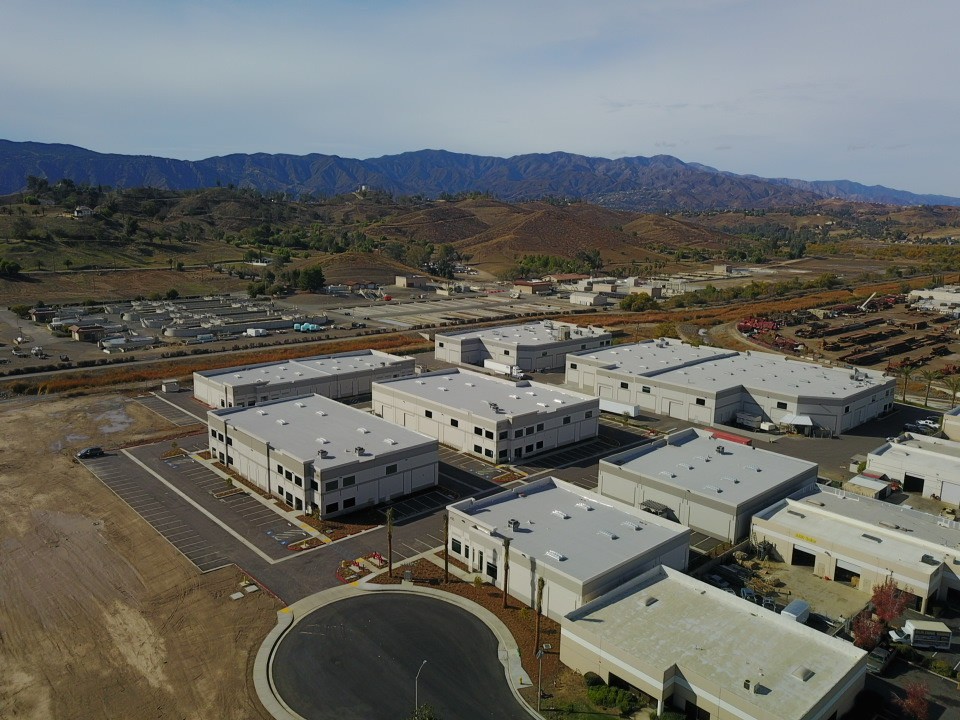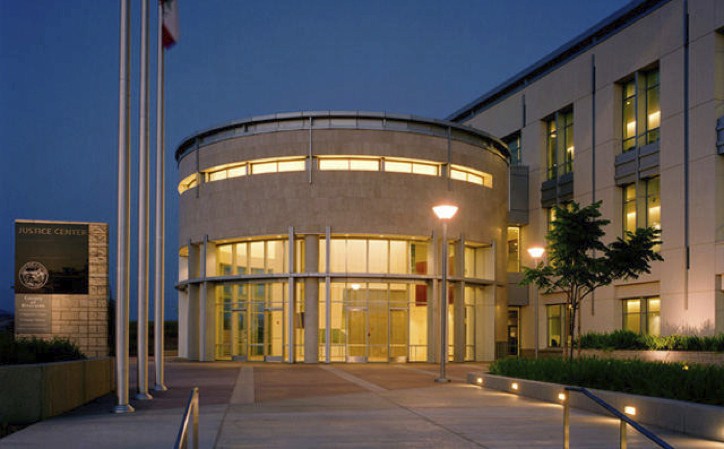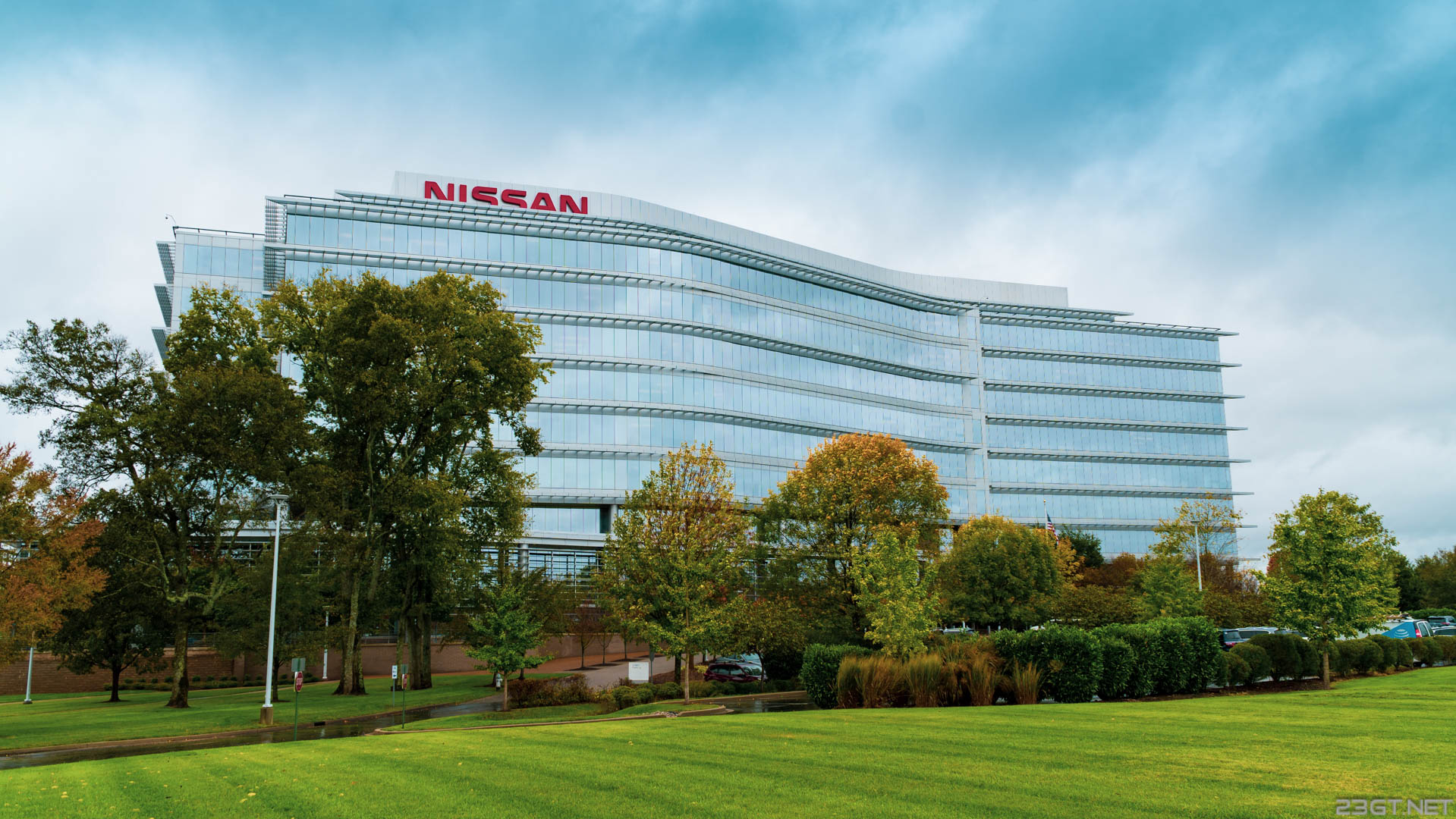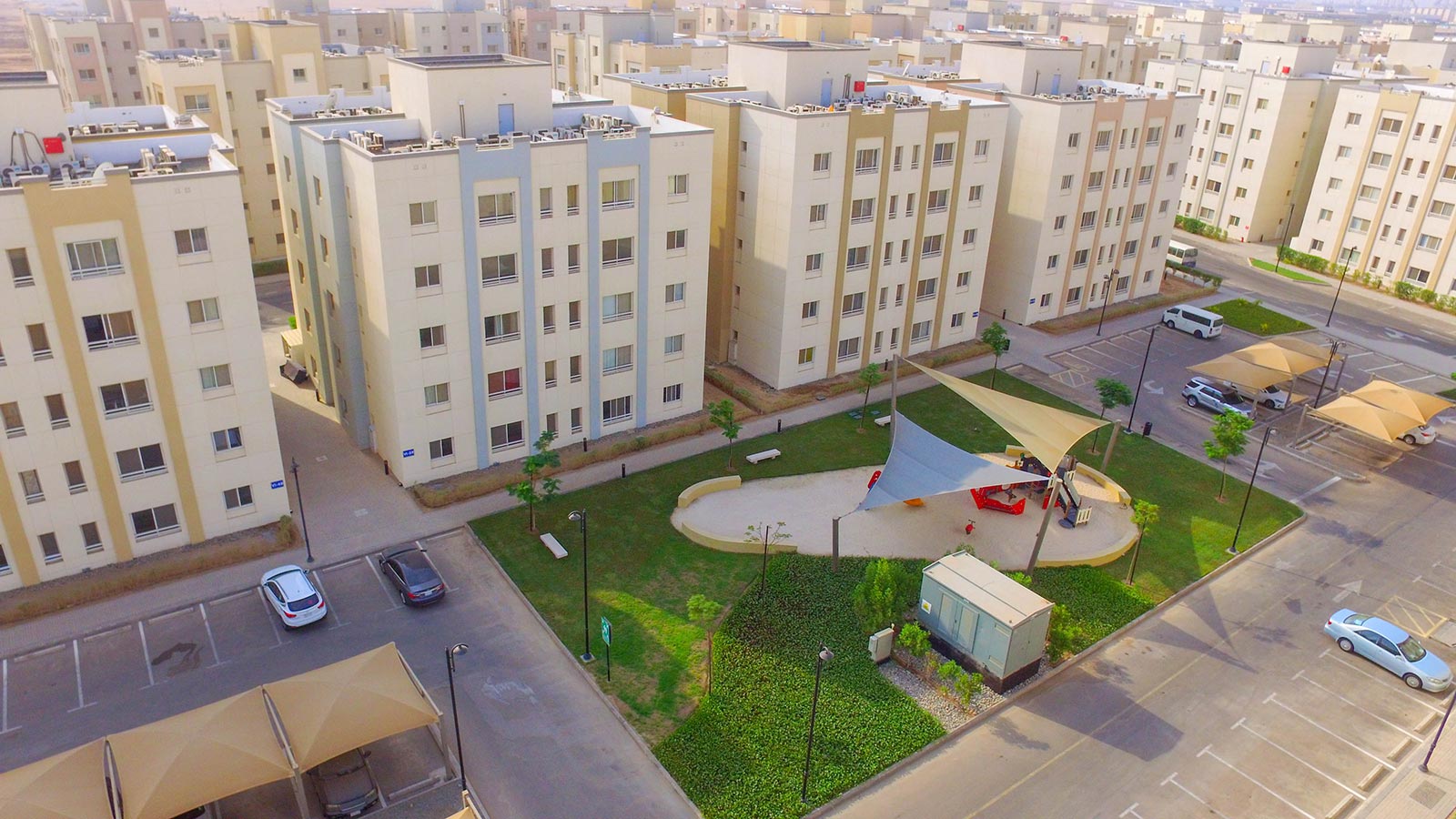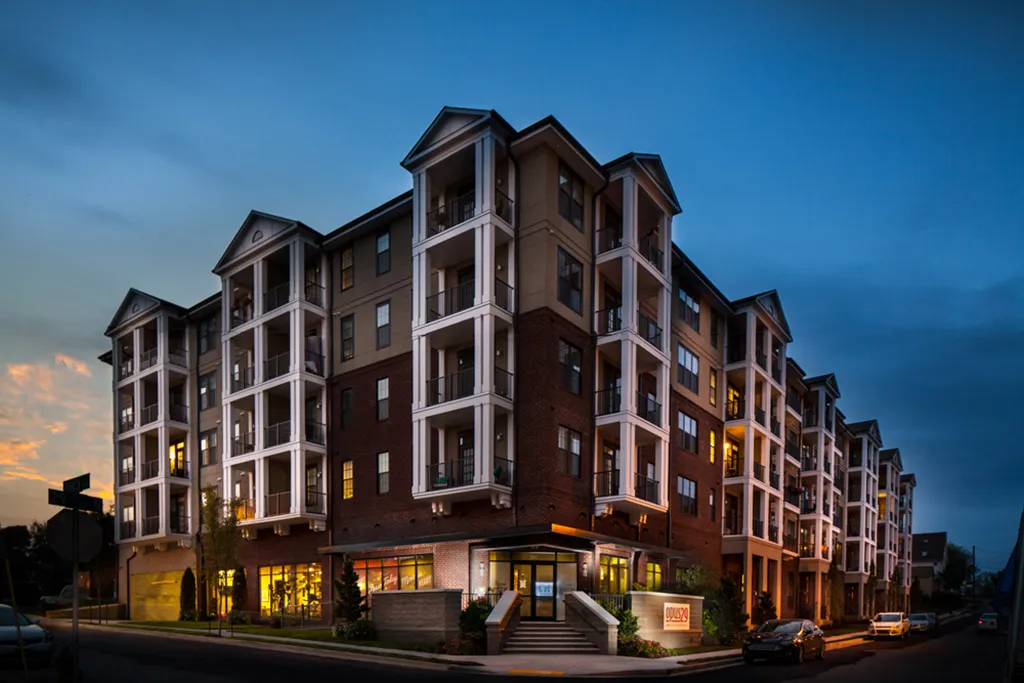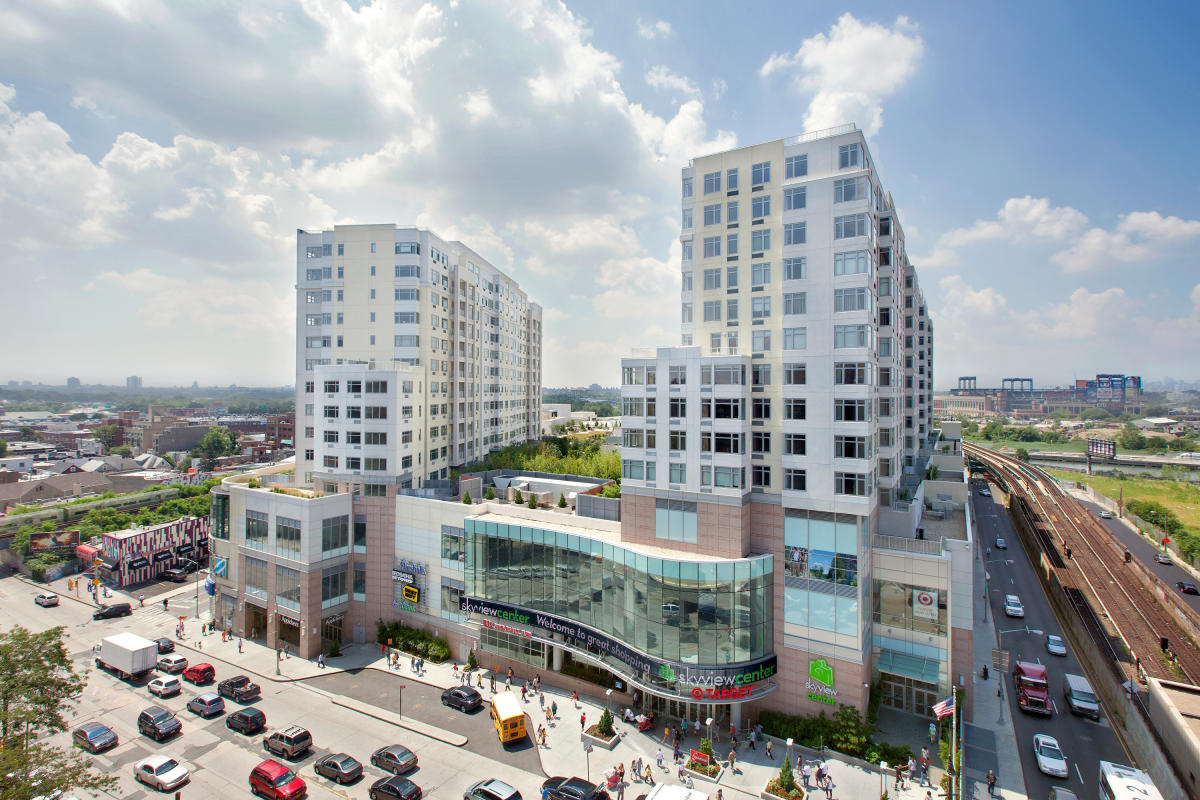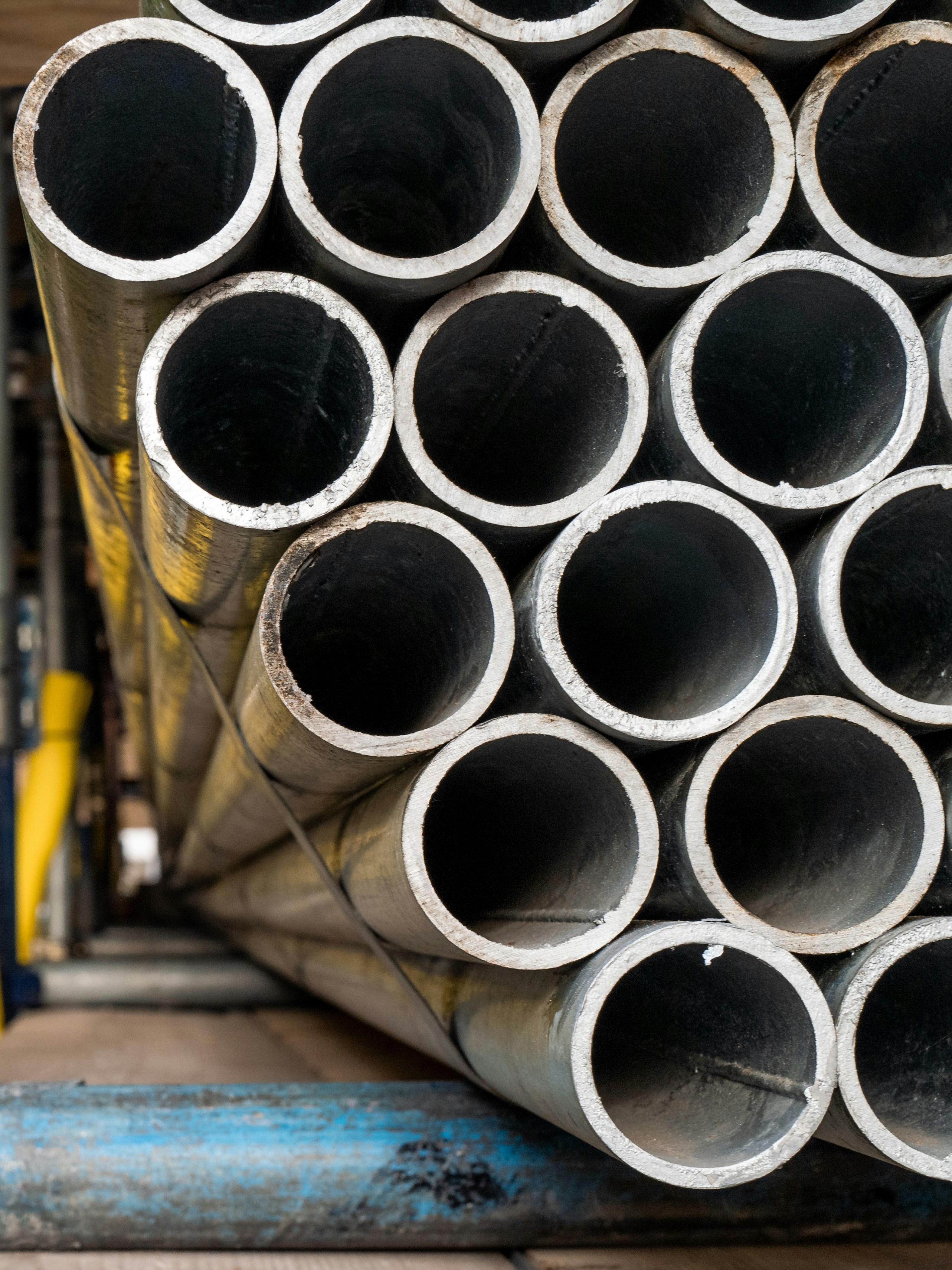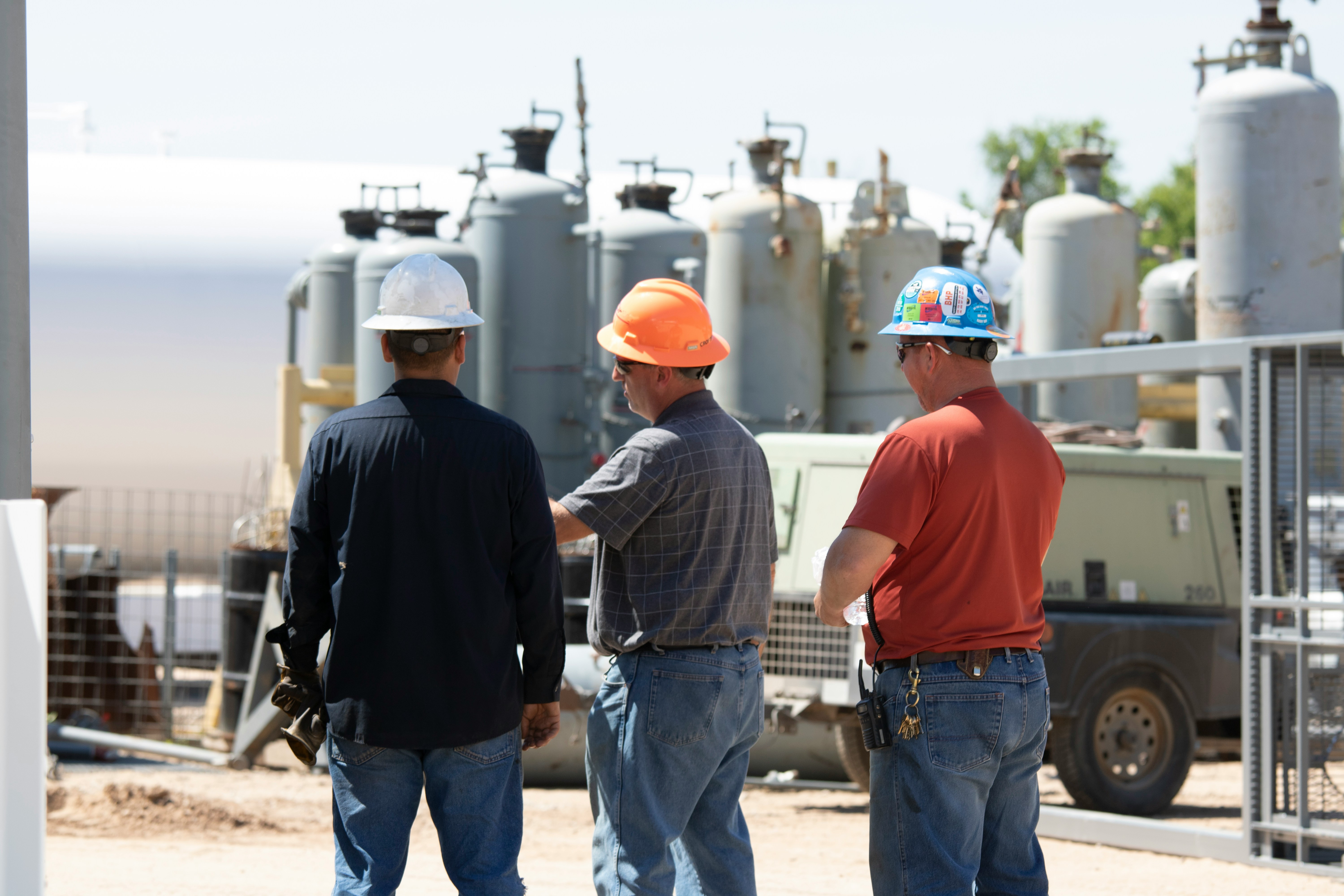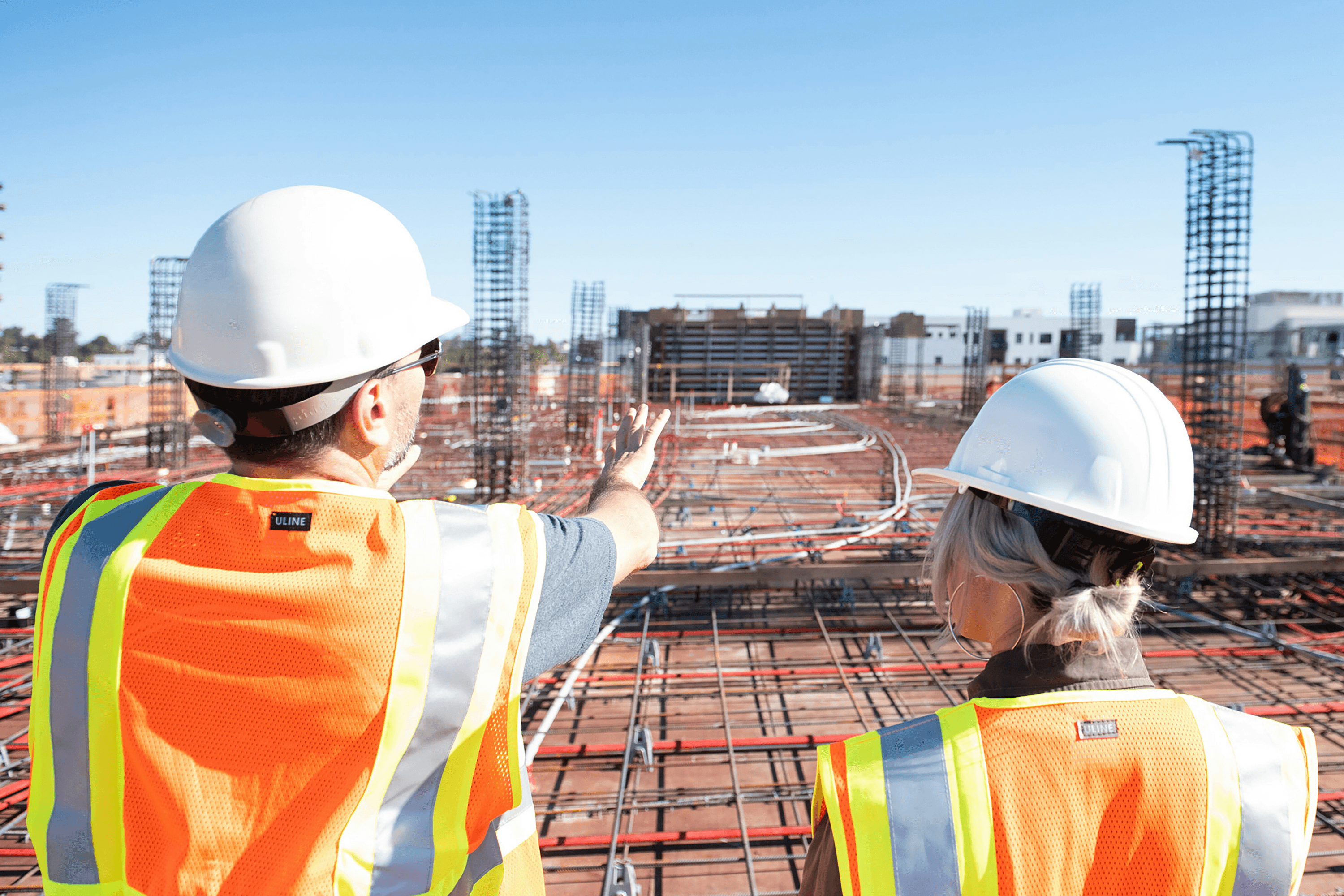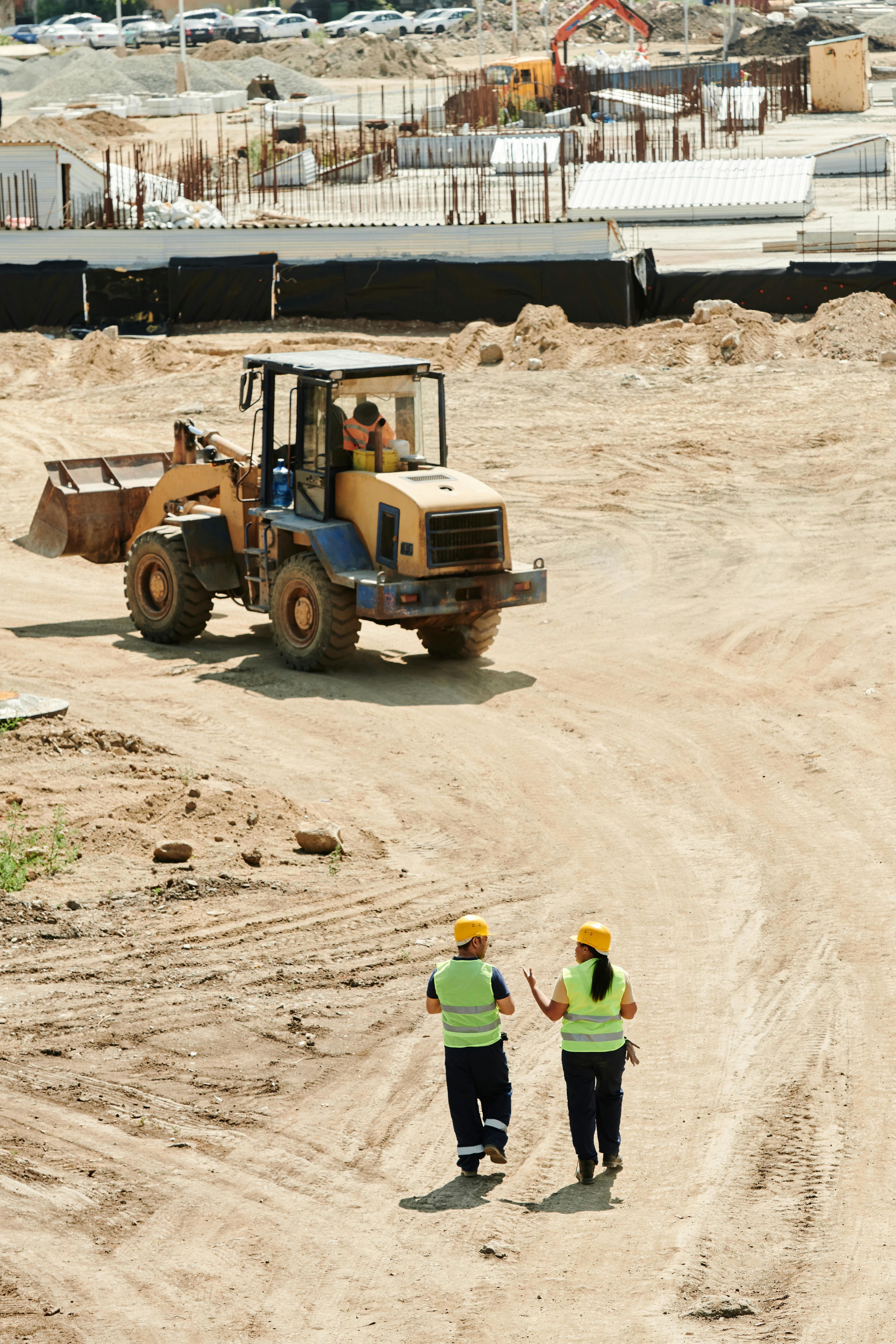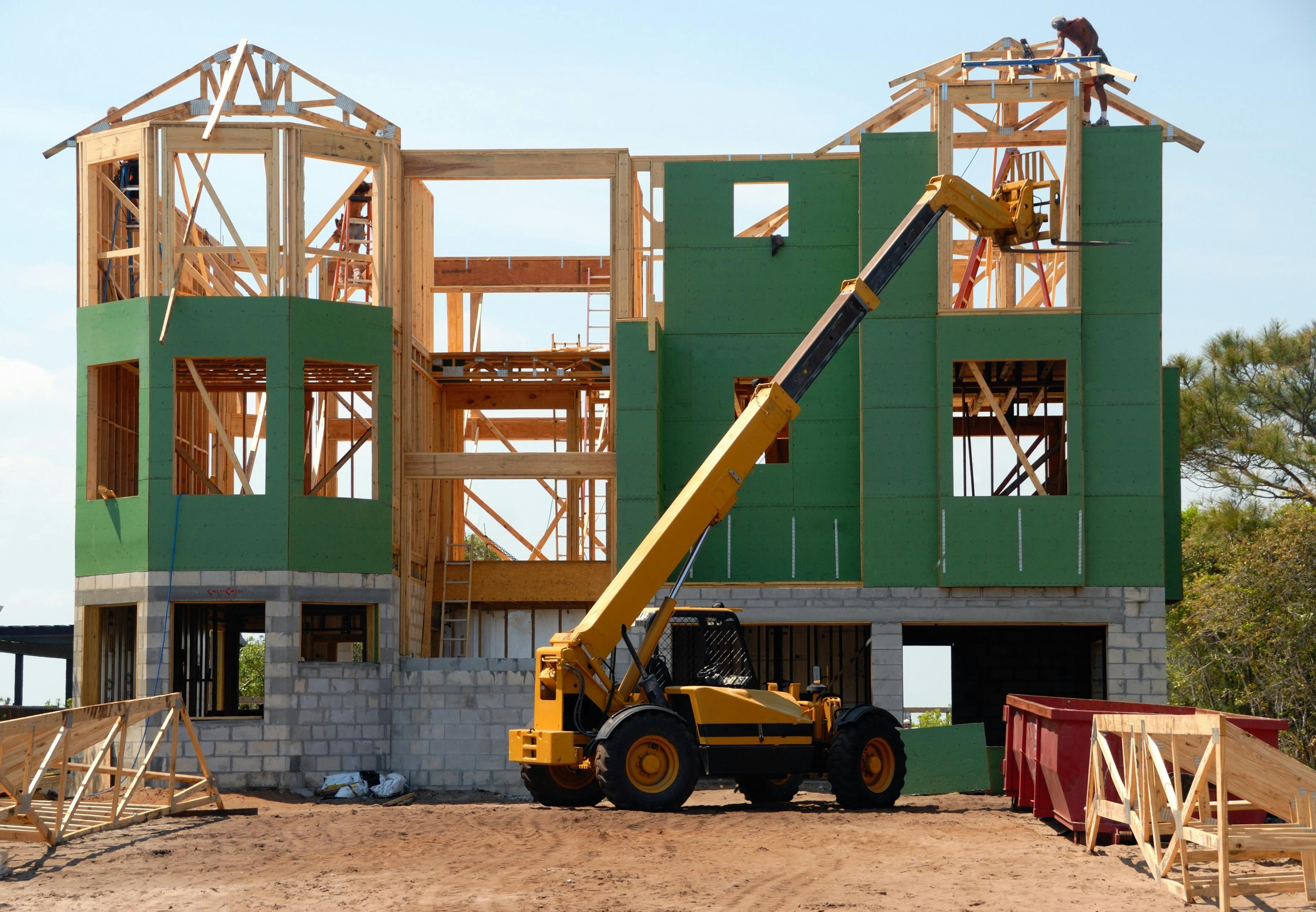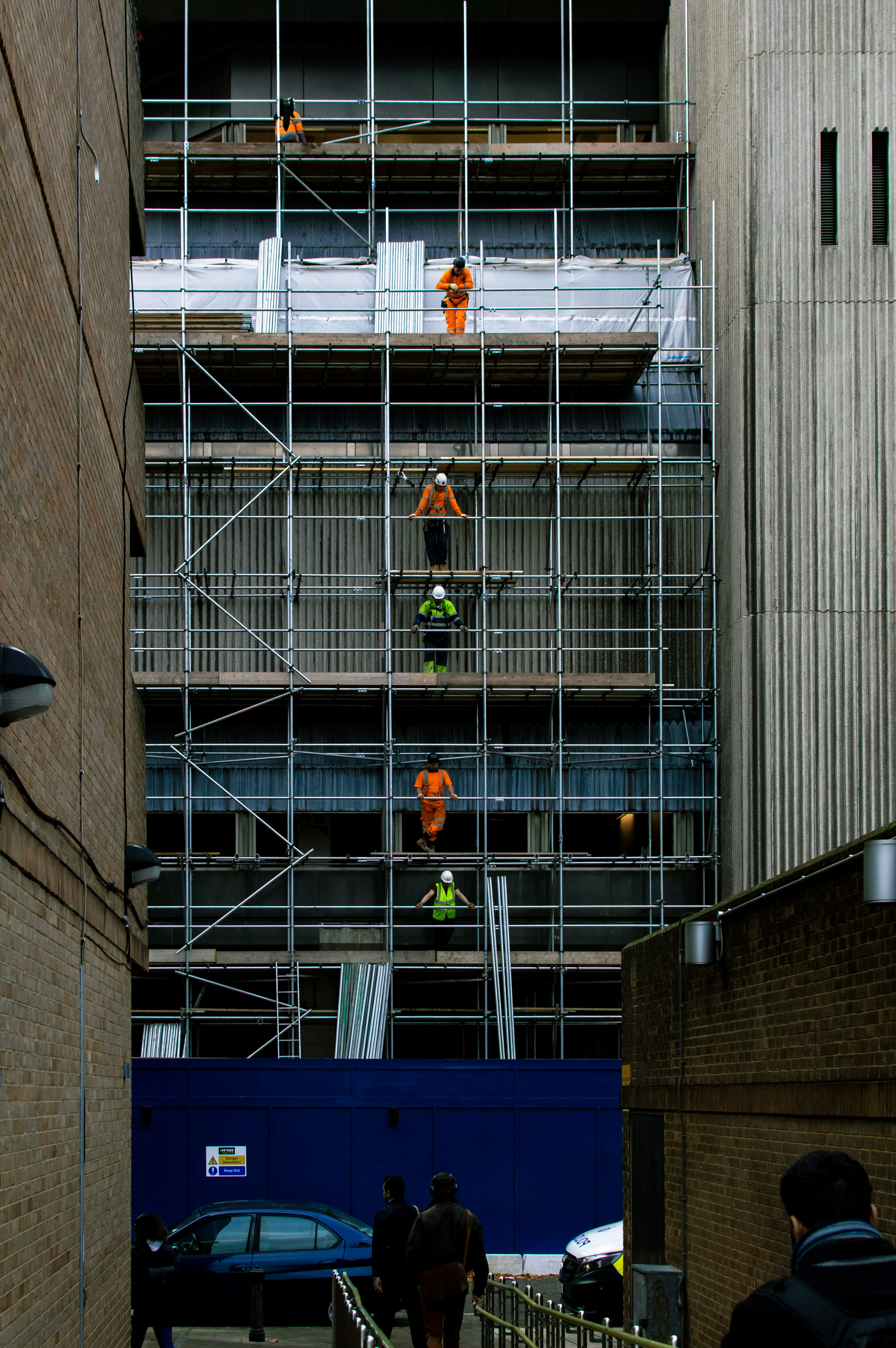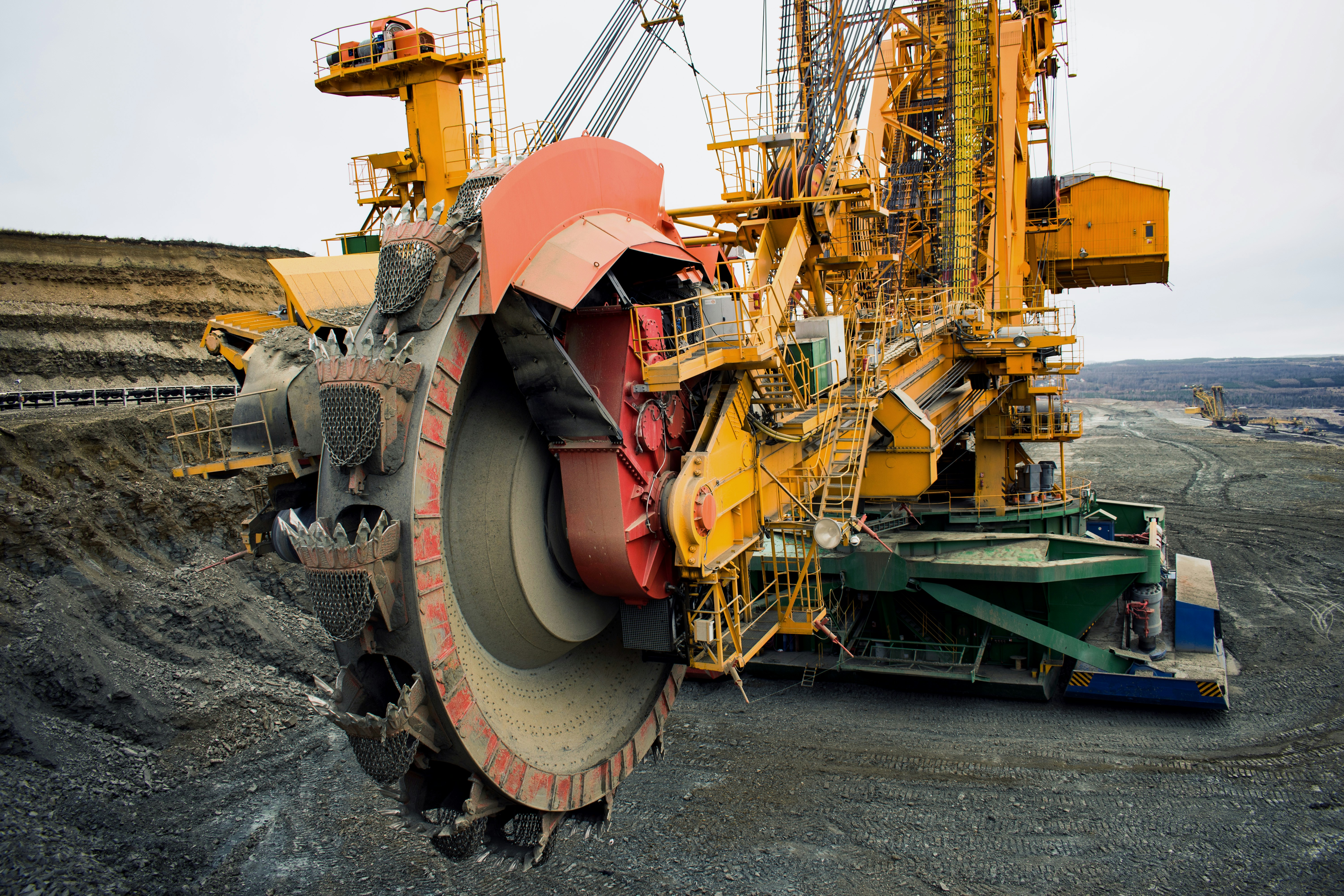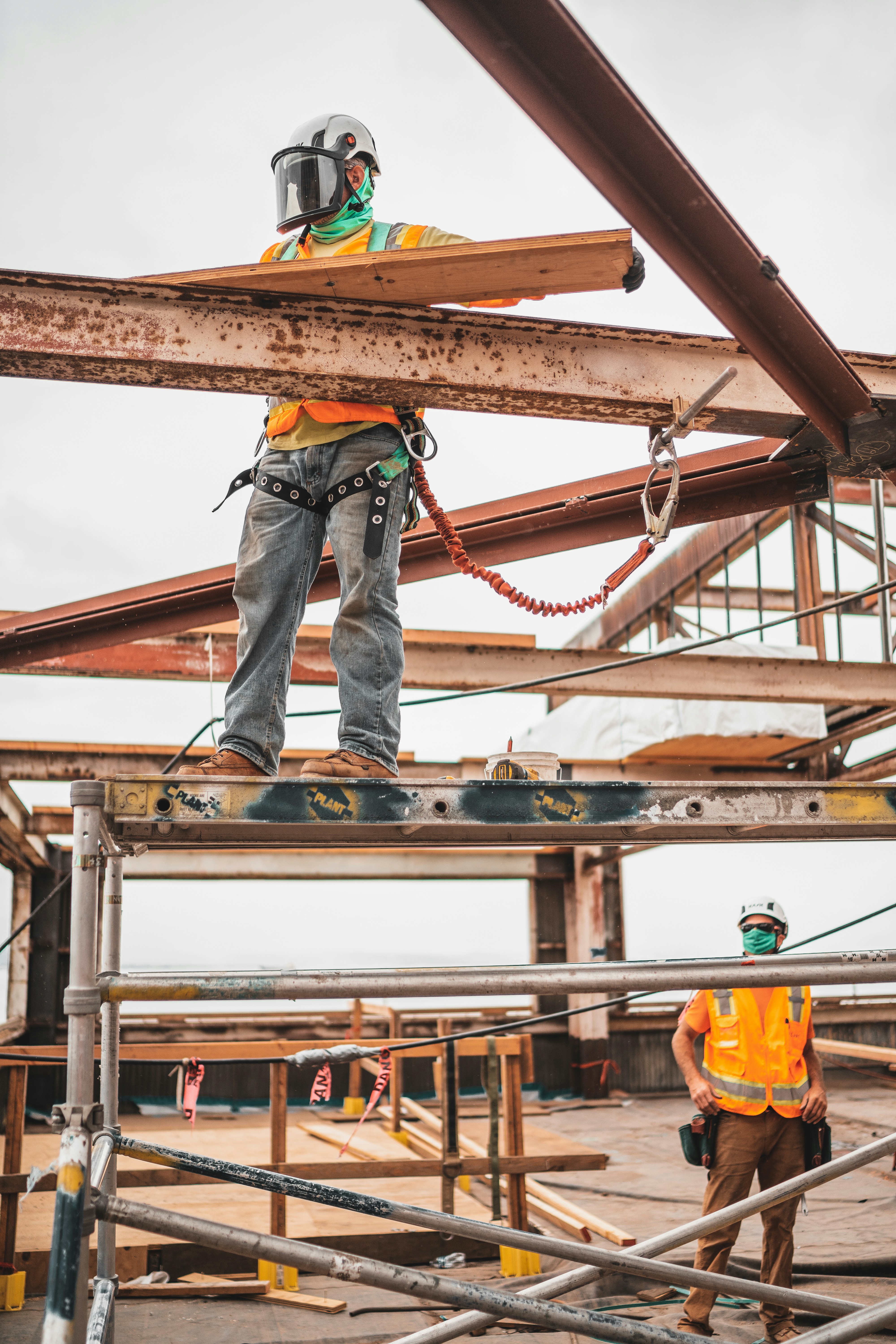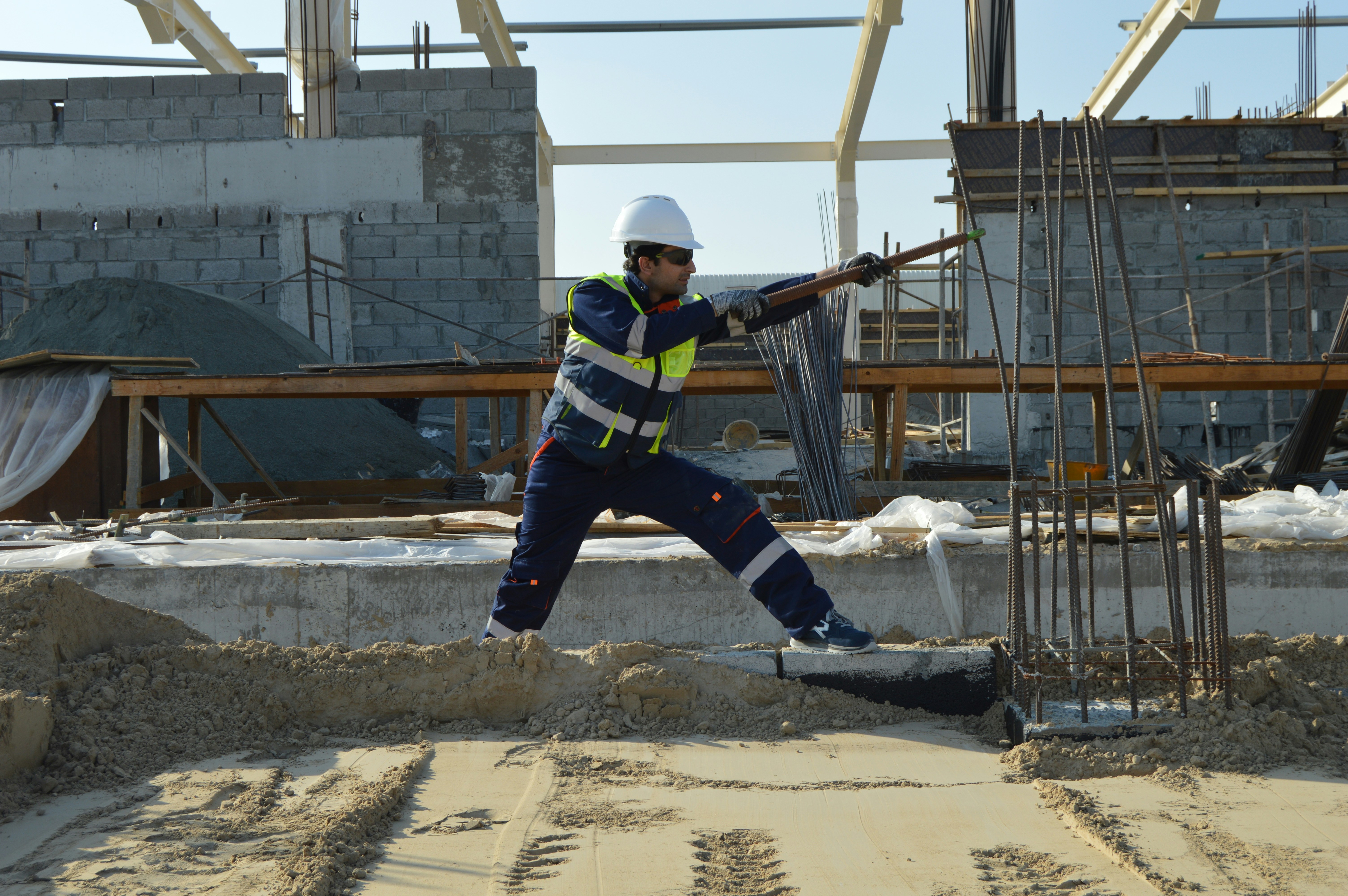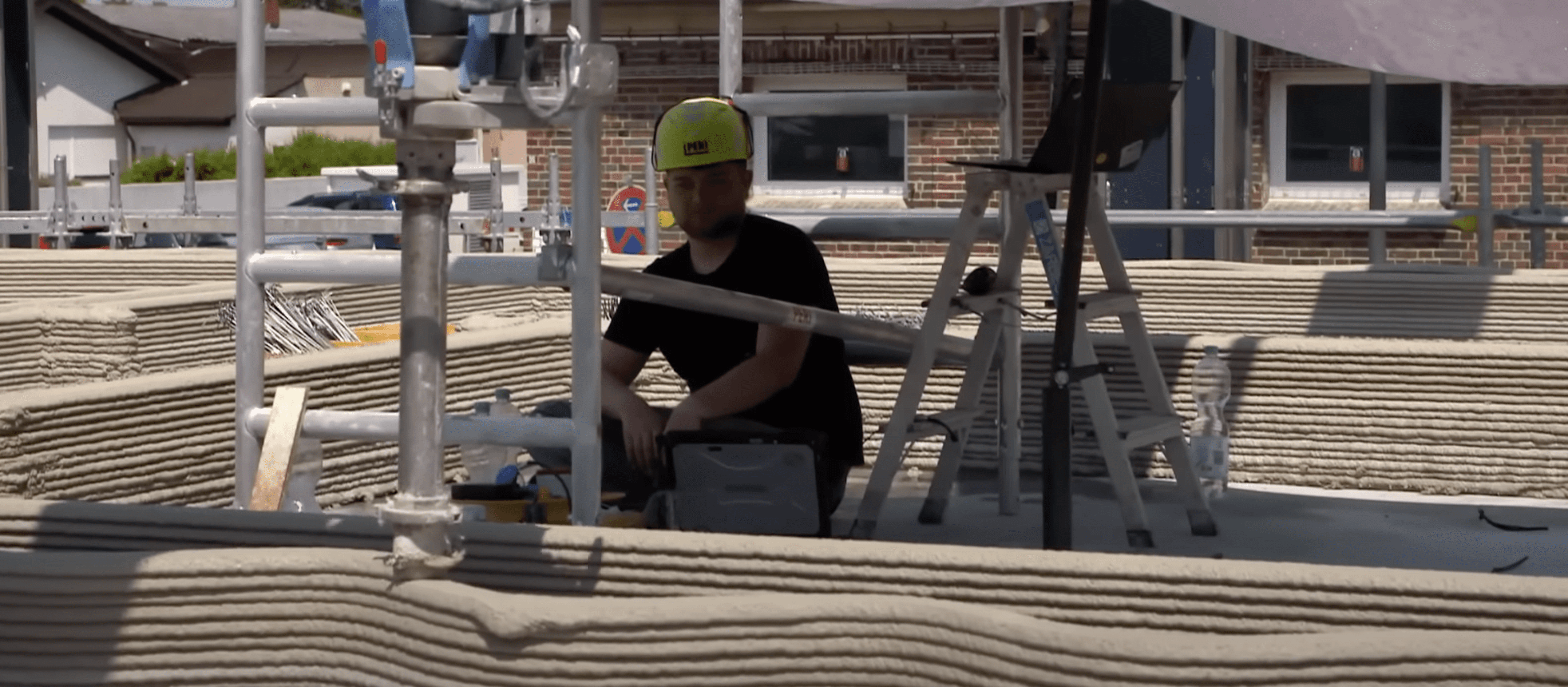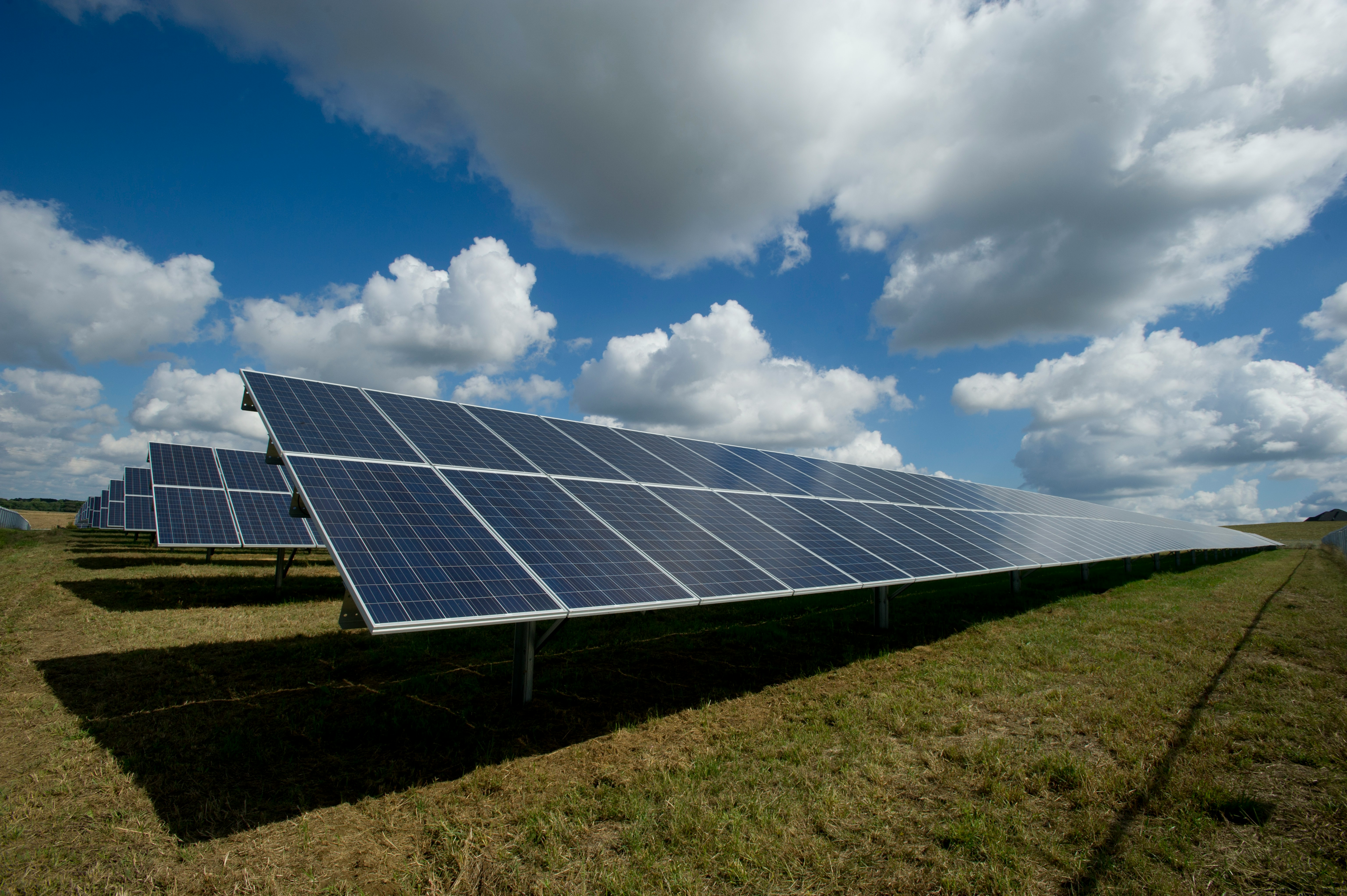
The construction industry is experiencing a seismic shift, propelled by the unrelenting advance of technology. As digital transformation reshapes every facet of modern life, the demand for robust infrastructure to power these innovations has surged. Recognizing this dynamic evolution, companies are embracing new paradigms to meet the needs of the digital frontier.
Bridging Vision and Reality with Innovation
In today’s tech-driven economy, building infrastructure is no longer a one-size-fits-all endeavor. The rise of data-driven industries requires construction firms to adopt holistic approaches that integrate planning, engineering, and execution. This shift mirrors the changing needs of businesses that rely on hyperscale facilities, such as data centers, to fuel their growth.
Creating these advanced facilities demands more than technical expertise; it calls for a reimagining of how construction integrates with emerging technologies. With industries investing heavily in digital solutions, construction firms are stepping up to the plate, crafting environments that not only meet current demands but anticipate future innovations.
Constructing a New Kind of Expertise
The journey from blueprint to breakthrough begins with an understanding of complexity. Modern infrastructure projects are not static endeavors; they evolve in real time, reflecting the rapid pace of technological advancement. For construction leaders, this means assembling specialized teams capable of adapting to emerging challenges and opportunities.
Flexibility has become the cornerstone of success. For example, as industries pivot to adopt cutting-edge tools and processes, construction firms must remain agile, ensuring their designs and execution plans accommodate the latest breakthroughs. This level of responsiveness enables clients to stay ahead of the curve, even as technologies shift during a project’s lifecycle.
Expanding Horizons with Strategic Growth
The demand for advanced facilities is fueling unprecedented growth within the construction sector. To meet this surge, forward-thinking companies are expanding their workforces, cultivating talent that can bridge the gap between traditional building practices and modern technological requirements. This strategic growth ensures that projects are equipped with the expertise necessary to deliver exceptional results.
Revenue growth within the sector reflects this trend, as companies align their operations with the burgeoning tech landscape. As construction becomes increasingly intertwined with technology, the industry is poised for a transformation that redefines how infrastructure is designed, built, and sustained.
The Intersection of Resilience and Progress
Modern construction is about more than creating physical structures; it is about building ecosystems of innovation. Companies are offering end-to-end services that encompass everything from land acquisition to advanced utility management, ensuring projects are not only efficient but also future-ready.
This comprehensive approach highlights a broader shift within the industry: the recognition that infrastructure must serve as a foundation for progress. Whether it’s integrating modular solutions to streamline construction or leveraging advanced engineering techniques, the focus is on delivering value at every stage of the project lifecycle.
Building Tomorrow’s World
As industries push the boundaries of what’s possible, construction firms are tasked with turning bold ideas into tangible realities. By embracing change and prioritizing innovation, they are laying the groundwork for a world that is smarter, faster, and more connected than ever before.
This transformation is not just about meeting demand; it’s about shaping the future. As the industry evolves, the focus remains clear: to create infrastructure that supports technological advancement, empowers businesses, and inspires progress. In doing so, construction firms are not merely building structures—they are building possibilities.




